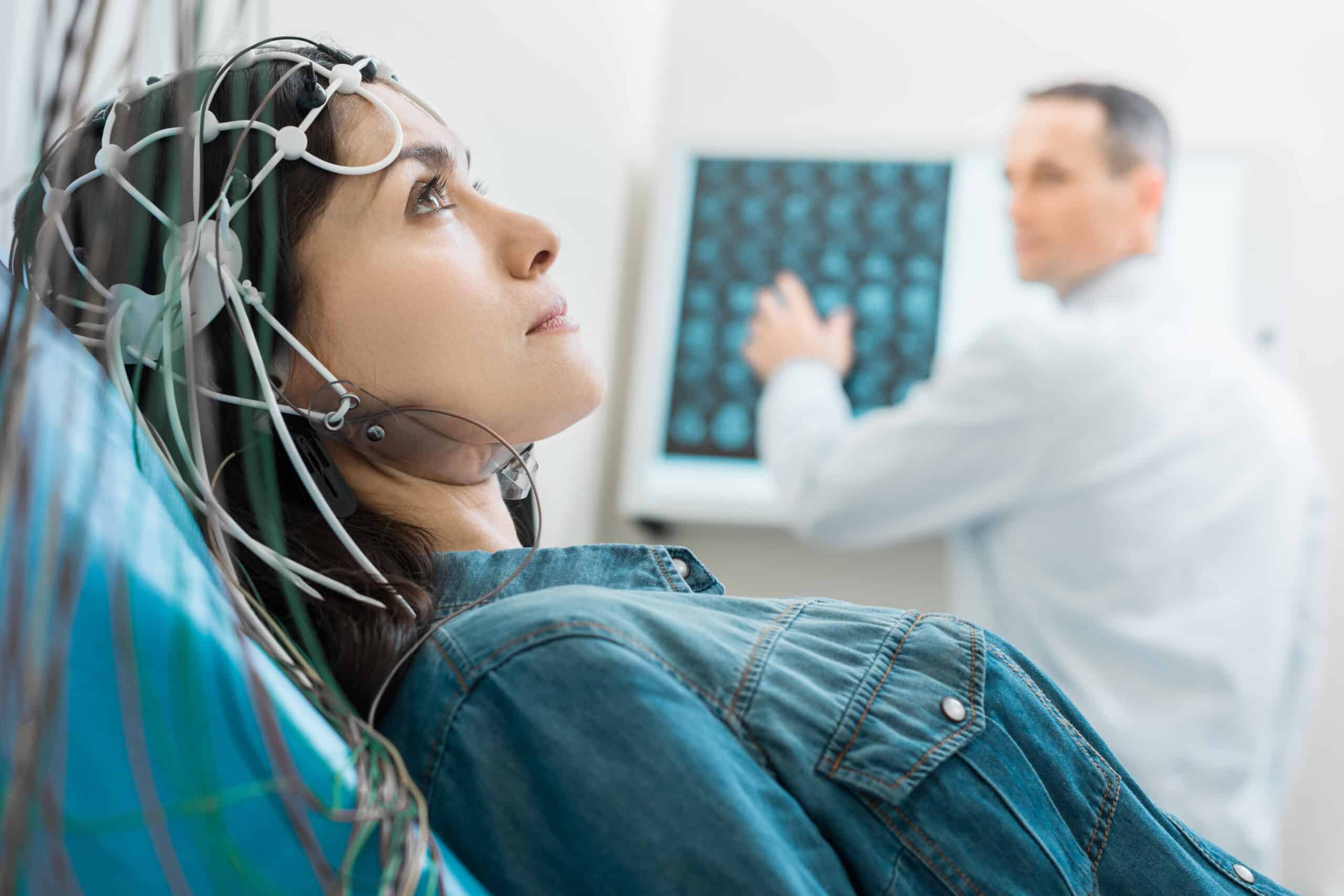In what may come as a jolt to many, researchers now are suggesting that it may be possible to give the average brain a big boost by simply applying a mix of artificial intelligence with targeted electrical brain stimulation.
The proposition comes by way of a pilot human study out of the University of Minnesota Medical School and Massachusetts General Hospital that examined how a dozen patients undergoing brain surgery for epilepsy fared. The procedures involved placing hundreds of tiny electrodes throughout the brain to record its activity and identify where seizures originate.
The joint team ultimately identified a brain region—the internal capsule—that improved patients’ mental function when stimulated with small amounts of electrical energy. The discovery is intriguing because that section of the brain is responsible for cognitive control, which effectively allows an individual to shift from one thought pattern or behavior to another. It is also part of the brain that is impaired by mental illnesses.
“An example might include a person with depression who just can’t get out of a ‘stuck’ negative thought. Because it is so central to mental illness, finding a way to improve it could be a powerful new way to treat those illnesses,” said Dr. Alik Widge, the study’s lead author and an assistant professor at the medical school.
The research involved developing algorithms that would allow the team to track patients’ cognitive control abilities after stimulations from either their actions or directly from the brain. The process also allowed researchers to provide a stimulation boost whenever patients were doing worse on a laboratory test of cognitive control.
“This system can read brain activity, ‘decode’ from that when a patient is having difficulty and apply a small burst of electrical stimulation to the brain to boost them past that difficulty,” Widge explained. “The analogy I often use is an electric bike. When someone’s pedaling but having difficulty, the bike senses it and augments it. We’ve made the equivalent of that for human mental function.”
Ultimately, the research team came away with several startling conclusions, including the ability of precisely targeted electrical stimulation to enhance brain functions impaired by mental illness. Beyond this, the group discovered that certain sub-parts of the capsule brain structure respond particularly well to stimulation and that a closed-loop algorithm used as a controller for stimulation was twice as effective as random prods.
Stimulation also helped significantly reduce anxiety in patients with epilepsy, which suggests the process might be able to help treat patients with severe and medication-resistant anxiety, depression or other disorders.
“This could be a totally new approach in treating mental illness. Instead of trying to suppress symptoms, we could give patients a tool that lets them take control of their own minds,” Widge said. “We could put them back in the driver’s seat and let them feel a new sense of agency.”
The work out of the Minnesota-Massachusetts team lends credence to a slightly earlier study out of the University of Southern California (USC) that suggested personalizing brain stimulation may be an effective way to treat the significant percentage of patients with severe depression who don’t respond to medication or psychotherapy.
Signaling what it described as “a major step forward” for dealing with a range of neurological and mental disorders, the USC team claims it found a way to predict what effect electrical stimulation will have on an individual’s brain activity across multiple brain regions. This breakthrough should ultimately allow doctors and therapists the ability to alter the stimulation doses, which involve amplitude or frequency so that it best meets a patient’s needs.
The insights provided have the promise to help almost 30 percent of patients suffering from severe depression who don’t respond to traditional treatments.
“Think of it as the brain stimulation version of increasing or decreasing the number of milligrams in a pill. For people suffering from mental disorders like treatment-resistant depression or anxiety the implications are massive,” the USC team reported.












